
Cap Juluca: The Jewel of Anguilla
Nestled on the pristine shores of Maundays Bay, Cap Juluca is a luxurious resort that epitomizes island paradise. This stunning destination offers a seamless blend of elegant accommodations, world-class amenities, and breathtaking natural beauty. The resort's white-washed villas and suites, with their Greco-Moorish architecture, are set against the backdrop of turquoise waters and powdery white sands, creating a picture-perfect scene. Cap Juluca is not just about the idyllic setting; it also offers a wealth of activities and experiences. Guests can indulge in a variety of water sports, from snorkeling to sailing, or simply relax by the infinity pool with a refreshing cocktail. The resort's restaurants serve up gourmet cuisine, featuring fresh, local ingredients that tantalize the taste buds. For those seeking relaxation, the Arawak Spa provides a range of treatments designed to rejuvenate the body and soul. Beyond the resort, Anguilla itself is a treasure trove of attractions. Visitors can explore the island's rich history, vibrant culture, and stunning landscapes. From the historic Wallblake House to the lively local markets, there is no shortage of things to see and do. Whether you're looking for adventure or relaxation, Cap Juluca in Anguilla offers an unforgettable escape.
Local tips in Cap Juluca
- Visit during the off-peak season (May to August) for more affordable rates and fewer crowds.
- Pack reef-safe sunscreen to protect Anguilla's beautiful marine life while enjoying water activities.
- Make reservations for the resort's popular restaurants in advance to ensure a dining spot.
- Explore beyond the resort to experience Anguilla's local culture, including music and festivals.
- Rent a car to easily navigate the island and visit nearby attractions at your own pace.
Cap Juluca: The Jewel of Anguilla
Nestled on the pristine shores of Maundays Bay, Cap Juluca is a luxurious resort that epitomizes island paradise. This stunning destination offers a seamless blend of elegant accommodations, world-class amenities, and breathtaking natural beauty. The resort's white-washed villas and suites, with their Greco-Moorish architecture, are set against the backdrop of turquoise waters and powdery white sands, creating a picture-perfect scene. Cap Juluca is not just about the idyllic setting; it also offers a wealth of activities and experiences. Guests can indulge in a variety of water sports, from snorkeling to sailing, or simply relax by the infinity pool with a refreshing cocktail. The resort's restaurants serve up gourmet cuisine, featuring fresh, local ingredients that tantalize the taste buds. For those seeking relaxation, the Arawak Spa provides a range of treatments designed to rejuvenate the body and soul. Beyond the resort, Anguilla itself is a treasure trove of attractions. Visitors can explore the island's rich history, vibrant culture, and stunning landscapes. From the historic Wallblake House to the lively local markets, there is no shortage of things to see and do. Whether you're looking for adventure or relaxation, Cap Juluca in Anguilla offers an unforgettable escape.
When is the best time to go to Cap Juluca?
Iconic landmarks you can’t miss
Four Seasons Resort and Residences Anguilla
Experience unparalleled luxury and Caribbean charm at the Four Seasons Anguilla, nestled between pristine beaches and offering world-class amenities.
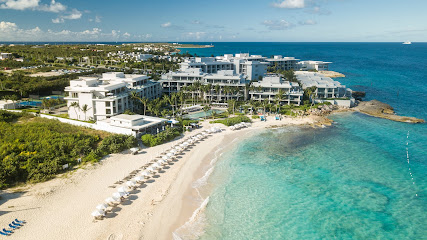
Elvis Beach Bar
Discover the tropical paradise of Elvis Beach Bar in Anguilla, where great food, drinks, and beach vibes come together for an unforgettable experience.
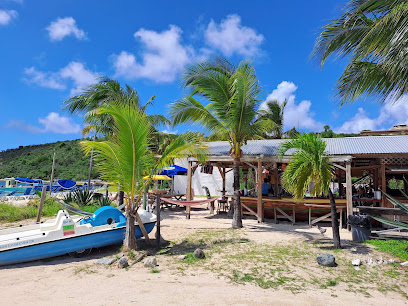
Cap Juluca, A Belmond Hotel, Anguilla
Experience the ultimate in luxury and relaxation at Cap Juluca, A Belmond Hotel, where breathtaking beaches meet exquisite accommodations in Anguilla.

Bankie Banx's Dune Preserve
Discover the vibrant culture and delicious cuisine at Bankie Banx's Dune Preserve, a live music bar and restaurant in the heart of Anguilla.
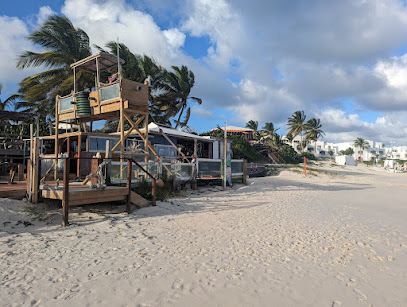
Malliouhana
Discover the luxury and beauty of Malliouhana, a premier resort hotel in Anguilla overlooking the serene Meads Bay, perfect for relaxation and indulgence.

Anguilla Arch
Discover the breathtaking beauty of Anguilla Arch, a stunning natural landmark offering serene views and unforgettable experiences.
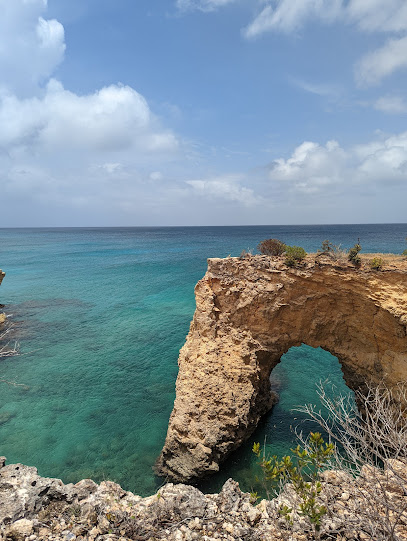
Anguilla Great House Beach Resort
Experience Caribbean charm at Anguilla Great House Beach Resort on Rendezvous Bay, offering a tranquil escape with stunning beachfront views and warm hospitality.
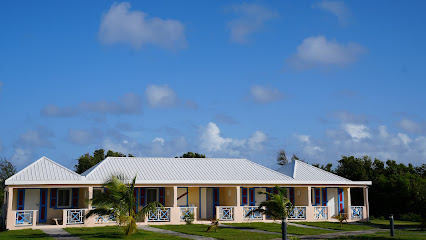
Fountain Residences Anguilla
Discover the tranquility of Fountain Residences Anguilla, your gateway to the stunning beaches and vibrant culture of Shoal Bay.
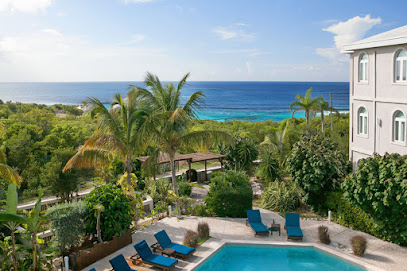
Quintessence Hotel, Relais & Châteaux
Discover the elegance of Quintessence Hotel, where luxury meets the serene beauty of Anguilla's Long Bay Village, perfect for a tranquil getaway.
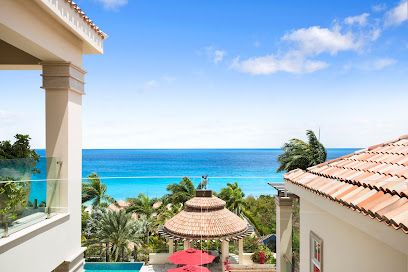
Tranquility Beach Anguilla
Experience the luxury and tranquility of Anguilla at Tranquility Beach, where breathtaking views and exceptional service await.
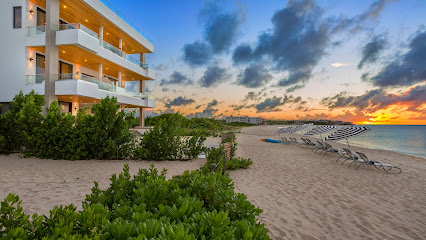
Crocus Bay Beach
Discover Crocus Bay, Anguilla: a serene beach with calm waters, golden sands, and breathtaking sunsets. Perfect for relaxation and water activities.
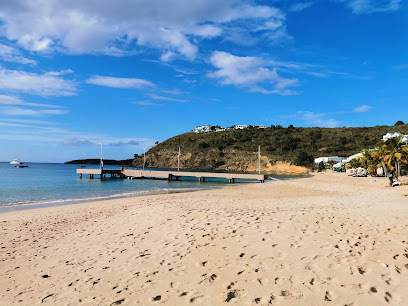
The Cap Shack
Experience the vibrant flavors of the Caribbean at The Cap Shack, a beach bar in Anguilla offering fresh seafood and breathtaking ocean views.
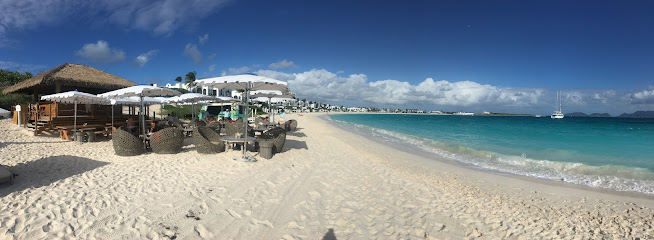
Sandy Ground Beach
Experience the serene beauty of Sandy Ground Beach in Anguilla, a tropical paradise perfect for relaxation, swimming, and enjoying Caribbean culture.
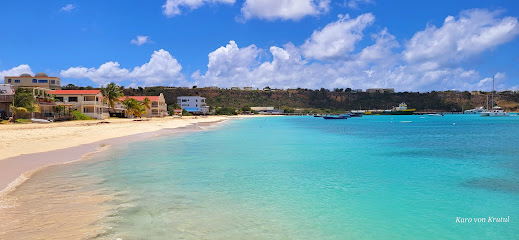
Bella Blu
Experience the tranquil beauty and luxury of Bella Blu in Anguilla, where stunning ocean views and exceptional service create the perfect Caribbean getaway.

Wallblake House
Explore Anguilla's rich history at Wallblake House, the island's oldest plantation home, offering a glimpse into its colonial past.
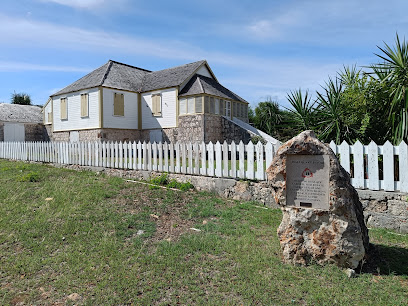
Unmissable attractions to see
J. Ronald Webster Park
Discover tranquility and community spirit at J. Ronald Webster Park, Anguilla's green heart, perfect for relaxation and local events.
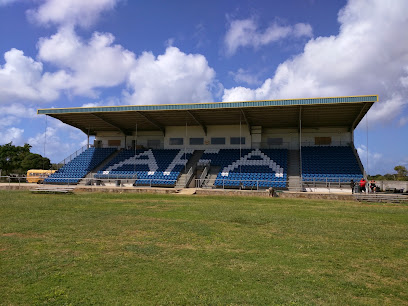
Captain's Bay
Discover Anguilla's best-kept secret: Captain's Bay, a secluded beach offering tranquility, natural beauty, and a unique Caribbean escape.
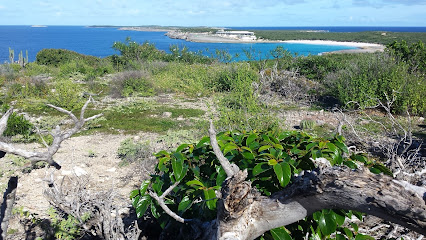
St. Gerard's Roman Catholic Church
Discover St. Gerard's Roman Catholic Church in Anguilla: a unique blend of faith, architecture, and maritime history in the heart of The Valley.
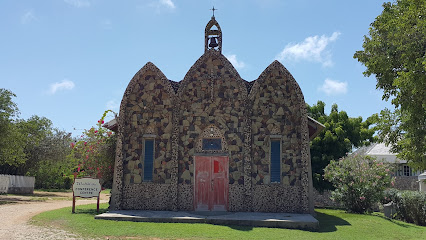
Savannah Gallery
Discover Caribbean artistry at Savannah Gallery in Anguilla, showcasing vibrant paintings, sculptures, and crafts in a historic setting.
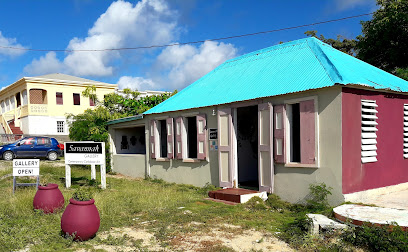
Goat Cave
Discover Anguilla's geological history at Goat Cave, a natural wonder featuring stunning rock formations and a serene atmosphere for exploration.
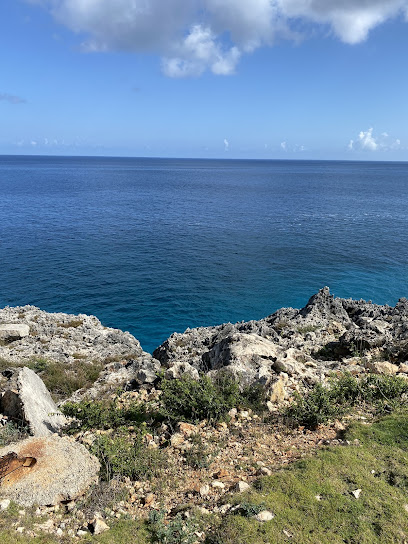
Mimi Bay
Discover Mimi Bay, Anguilla: a secluded beach paradise with surf-friendly waves, pristine sands, and tranquil turquoise waters.
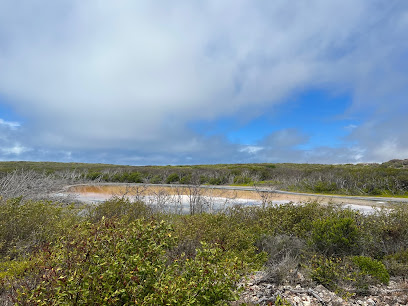
Jenice369 charters
Discover Anguilla's hidden gems with personalized sailing charters, snorkeling adventures, and unforgettable Caribbean Sea views.
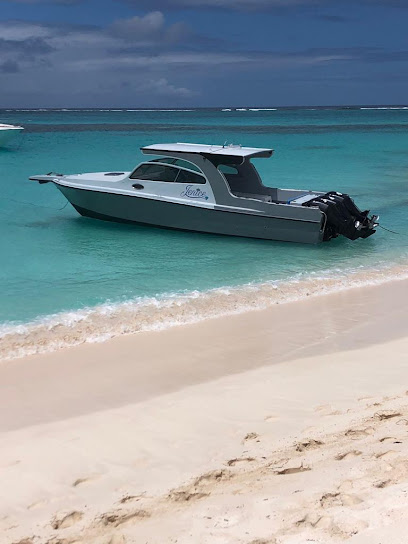
Fountain Cavern National Park
Explore ancient petroglyphs and Taino heritage at Anguilla's Fountain Cavern National Park, a unique pre-Columbian archaeological site and natural wonder.
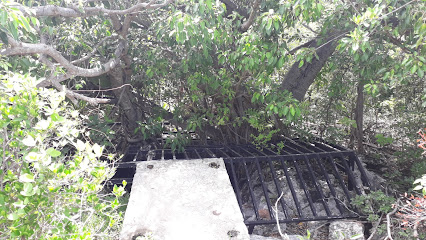
Violet Bay
Discover Violet Bay, Anguilla: a hidden gem with pristine sands, turquoise waters, and breathtaking sunsets for the ultimate tranquil escape.

Cove Bay
Discover Cove Bay in Anguilla: a serene beach with soft sands, calm waters, and stunning views of St. Martin. Perfect for relaxation.
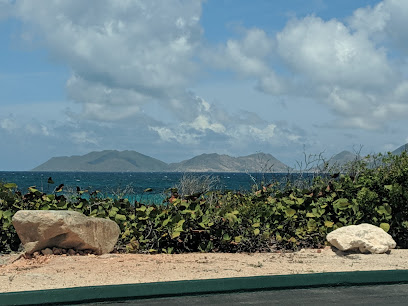
Captains bay beach
Discover Anguilla's best-kept secret: Captains Bay Beach, a serene escape with pristine sands, clear waters, and breathtaking natural beauty.

Cauls Pond
Discover Anguilla's serene side at Cauls Pond: a tranquil park for nature lovers and birdwatching enthusiasts seeking a peaceful escape.
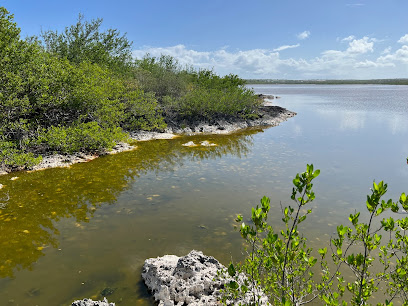
Bébé Requin Bay
Discover Anguilla's hidden gem: Bébé Requin Bay, where tranquil beauty meets vibrant marine life for an unforgettable Caribbean getaway.
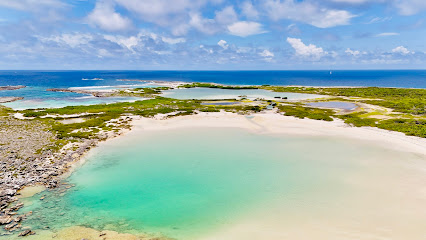
Cat Island
Discover the serene beauty of Cat Island in Anguilla, a tropical paradise with lush landscapes and pristine beaches, perfect for a peaceful escape.

Limestone Bay
Discover Limestone Bay, Anguilla: a secluded beach with crystal-clear waters, perfect for swimming, snorkeling, and capturing breathtaking views.
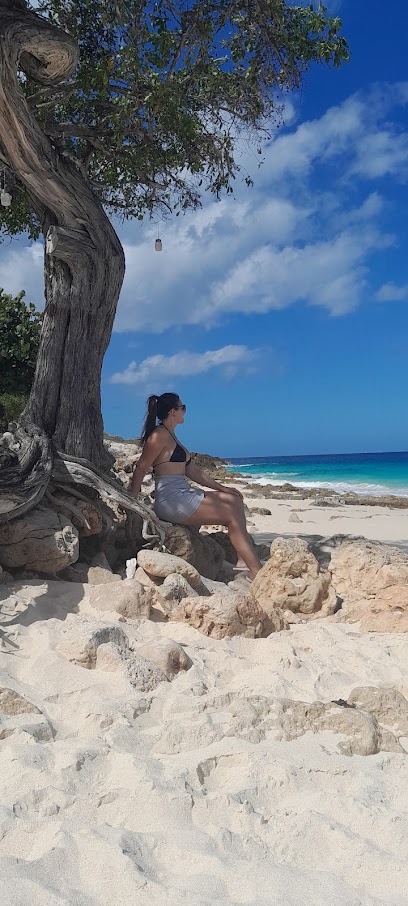
Essential places to dine
Blanchards Restaurant and Beach Shack
Experience the flavors of the Caribbean at Blanchards Restaurant and Beach Shack in Anguilla—where culinary delight meets stunning beachfront views.
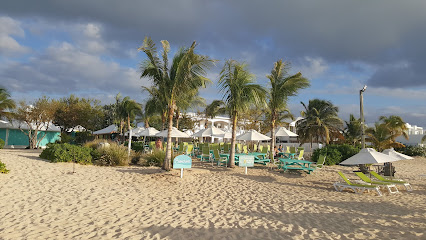
Straw Hat Restaurant
Experience exquisite dining at Straw Hat Restaurant in Anguilla, where fresh seafood meets breathtaking ocean views for an unforgettable meal.
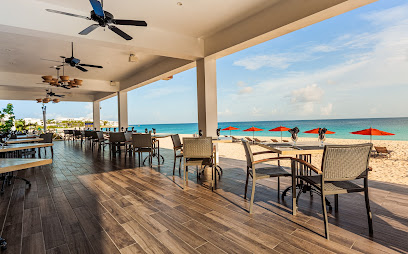
Da'Vida
Experience exquisite Caribbean cuisine with breathtaking ocean views at Da'Vida in Anguilla – your ultimate dining destination.
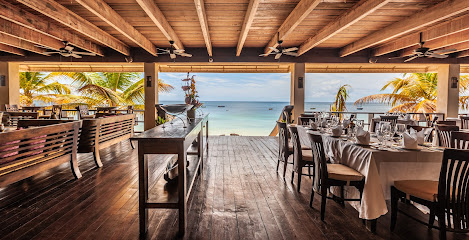
Sunshine Shack
Experience Caribbean flavors at Sunshine Shack on Rendezvous Bay Beach - your perfect dining spot in Anguilla.
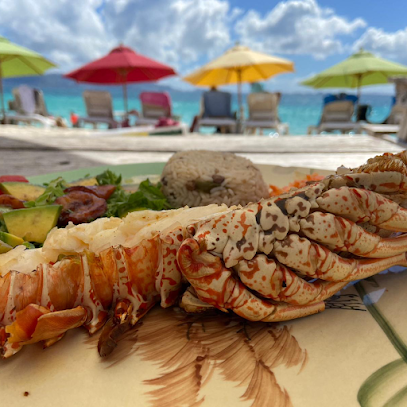
Ocean Echo Anguilla
Experience exquisite dining at Ocean Echo Anguilla with stunning ocean views and fresh local seafood in a welcoming atmosphere.
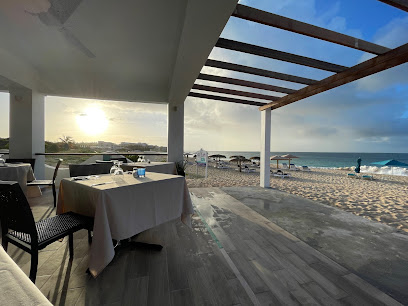
Madeariman
Discover Madeariman: A delightful restaurant in Shoal Bay Village offering exquisite Caribbean cuisine with stunning ocean views.
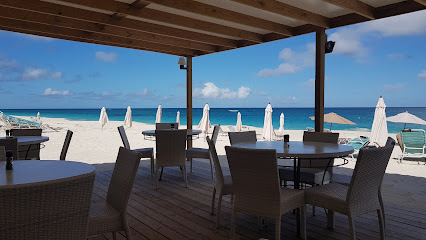
Gwen's Reggae Bar and Grill
Discover Gwen's Reggae Bar and Grill: A vibrant culinary gem in Anguilla serving delicious grilled dishes paired with lively reggae tunes.
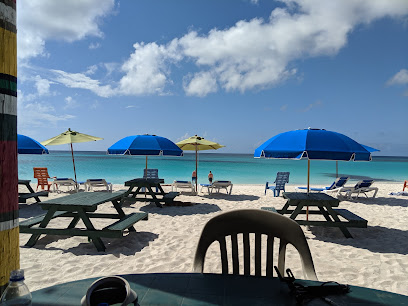
Savi Beach Club
Experience exquisite Caribbean, Italian, and Japanese cuisine at Savi Beach Club while soaking in breathtaking views of Meads Bay.
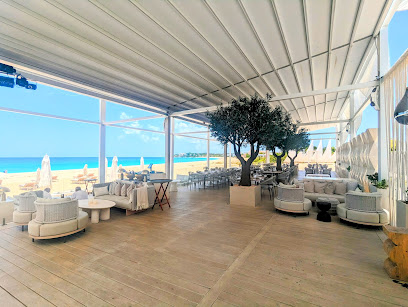
Veya Restaurant
Experience exceptional Caribbean cuisine at Veya Restaurant in Sandy Ground, Anguilla - where flavor meets elegance.
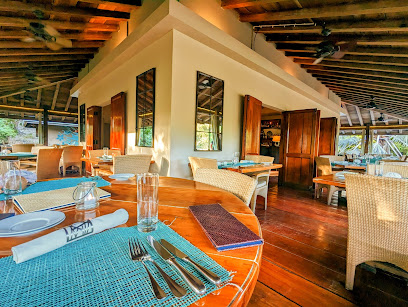
Tropical Sunset Restaurant & Bar
Experience authentic Caribbean flavors at Tropical Sunset Restaurant & Bar, where exquisite cuisine meets stunning ocean views in Anguilla.
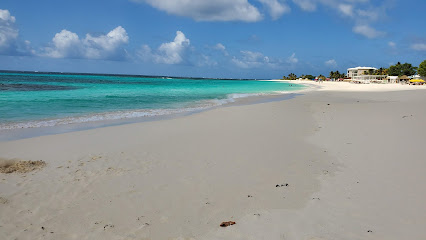
Picante
Discover culinary excellence at Picante, where fresh local ingredients meet breathtaking Caribbean views in Anguilla.
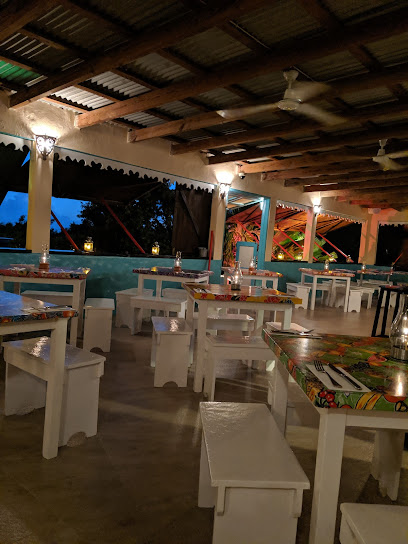
Dolce Vita
Experience culinary excellence at Dolce Vita in Anguilla—where exquisite flavors meet breathtaking Caribbean views.
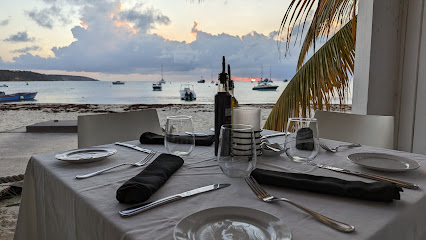
Trattoria Tramonto
Experience authentic Italian cuisine amidst stunning ocean views at Trattoria Tramonto in Anguilla.
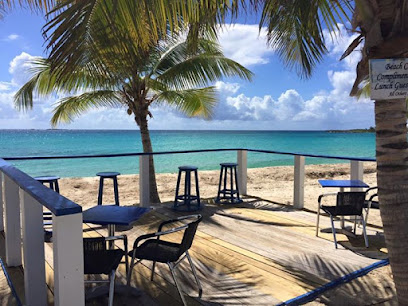
Mango's Seaside Grill
Discover the essence of Caribbean cuisine at Mango's Seaside Grill, where fresh seafood meets stunning ocean views in Anguilla.
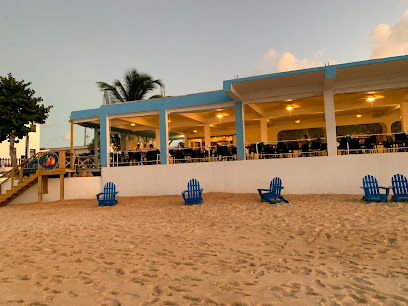
Tipsy Turtle
Discover family-friendly dining at Tipsy Turtle in Anguilla—where delicious food meets stunning ocean views.
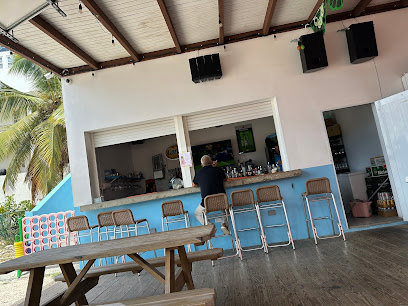
Markets, malls and hidden boutiques
Best Buy West
Experience the best of Anguilla's local and international flavors at Best Buy West, your essential supermarket for groceries and more.
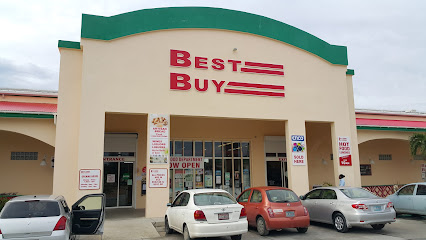
Irie Life
Explore Irie Life in Anguilla for unique gifts and souvenirs that embody the island's vibrant culture and craftsmanship.
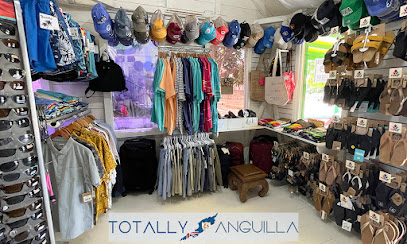
Sea Spray Gift Shop
Explore the charm of Anguilla through unique local crafts and souvenirs at the Sea Spray Gift Shop, your destination for authentic island treasures.
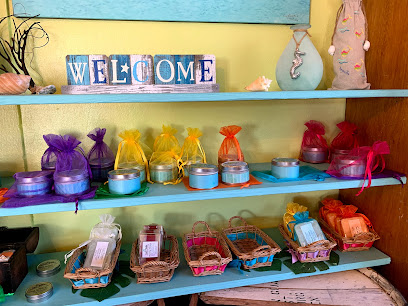
The Gift Box
Discover The Gift Box in Anguilla, where unique souvenirs and local crafts await to capture the spirit of your island adventure.
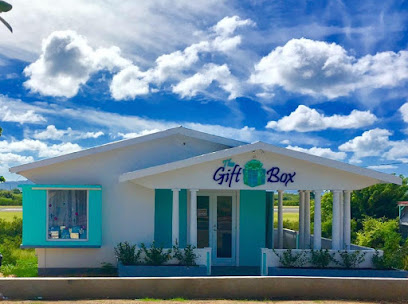
Anguilla Sands and Salts
Explore Anguilla Sands and Salts for unique souvenirs and locally crafted treasures that embody the spirit of Anguilla.
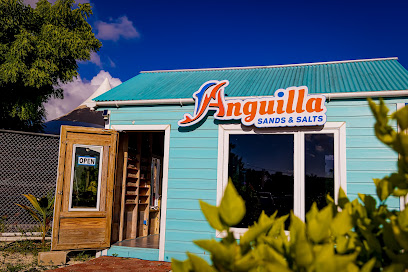
LodeVole Boutique
Discover unique fashion at LodeVole Boutique, a vibrant clothing shop in Anguilla offering stylish apparel and island-inspired accessories.

Bijoux
Explore Bijoux in Sandy Ground, Anguilla - your ultimate destination for stylish clothing and unique local designs.
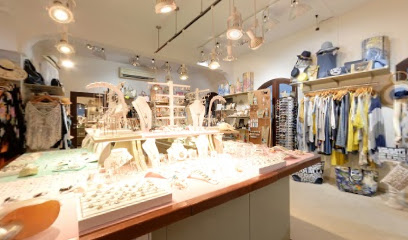
Shop N' Take Anguilla
Explore Shop N' Take in Anguilla for unique souvenirs and local delicacies that capture the island's vibrant culture and charm.

Beach Happy
Discover the ultimate beachwear paradise at Beach Happy in Anguilla, offering a stylish selection of swimwear and accessories for your sun-soaked adventures.
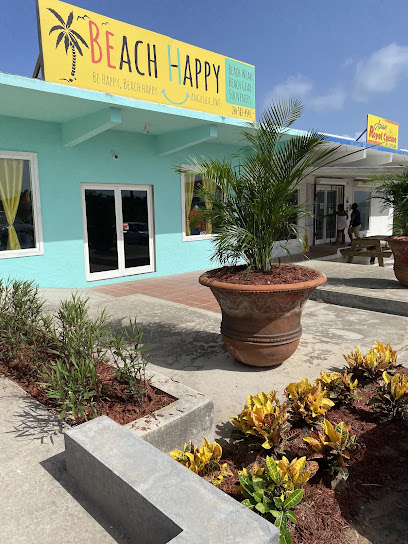
Flash Supermarket
Discover convenience and local flavors at Flash Supermarket in Anguilla, your essential shopping destination.

Cheddie's Carving Studio
Explore Cheddie's Carving Studio in Long Bay Village, Anguilla - a treasure trove of handcrafted gifts and vibrant local artistry waiting to be discovered.
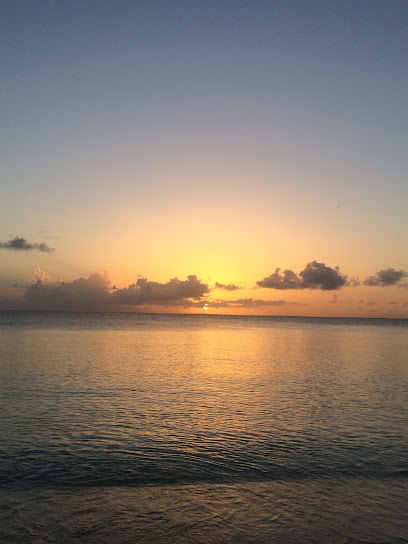
Limin' Boutique
Explore Limin' Boutique in Anguilla for vibrant Caribbean fashion and unique local craftsmanship in a welcoming atmosphere.
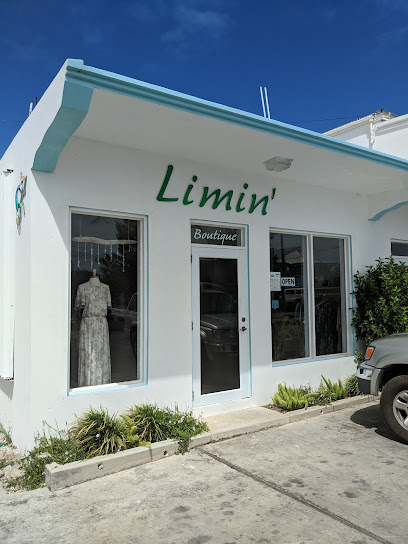
ILLUSIONS TRESS COLLECTION
Explore the captivating Illusions Tress Collection, a boutique in Anguilla offering unique local crafts, stylish apparel, and memorable souvenirs.
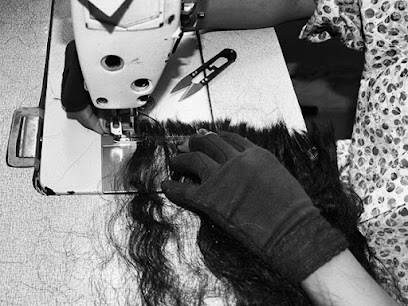
The GALLERIA - World Art & Antiques
Explore The GALLERIA - World Art & Antiques in Anguilla for unique homewares, art, and captivating treasures from around the world.
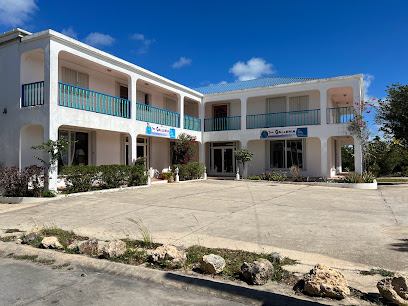
Janvel's Boutique
Explore Janvel's Boutique in Anguilla for an unforgettable shopping experience filled with local crafts, fashion, and unique treasures.
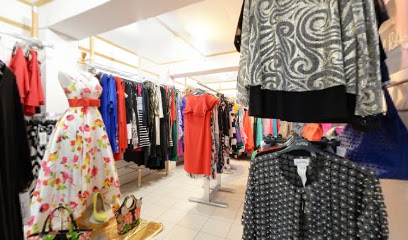
Essential bars & hidden hideouts
Elvis Beach Bar
Discover Elvis Beach Bar: A vibrant beachfront bar in Anguilla serving delicious Caribbean food, refreshing cocktails, and live music in a stunning coastal setting.
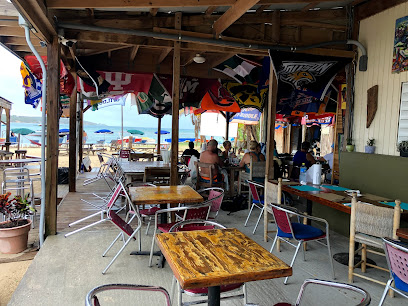
Bankie Banx's Dune Preserve
Discover the lively blend of culture, music, and cuisine at Bankie Banx's Dune Preserve, a top destination in Anguilla's vibrant nightlife scene.
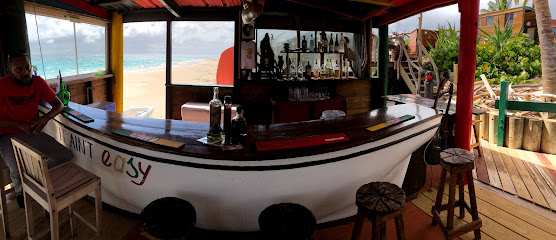
SandBar
Experience the Caribbean charm and vibrant nightlife at SandBar, a beachfront bar in Anguilla offering exquisite drinks and stunning views.
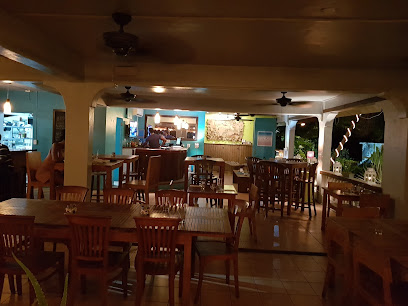
Lit lounge
Discover the vibrant nightlife of Anguilla at Lit Lounge, where delicious cocktails and a lively atmosphere await every visitor.
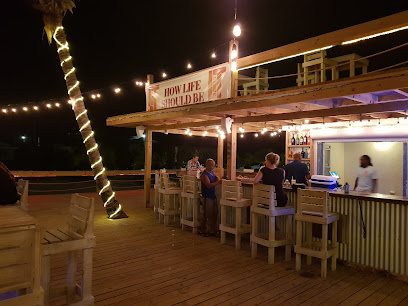
Sunset Lounge
Experience the serene beauty and culinary delights of Sunset Lounge in Anguilla, where exquisite sushi meets breathtaking ocean views.
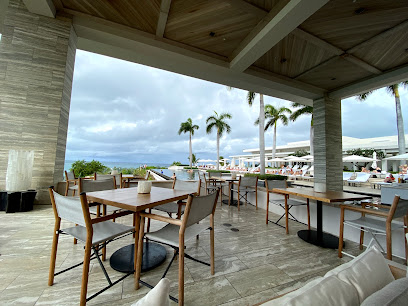
Tipsy Turtle
Experience family-friendly dining at Tipsy Turtle in Anguilla, where delicious cuisine meets a vibrant atmosphere and stunning views.
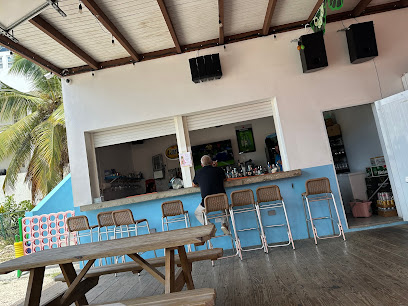
The Cap Shack
Discover The Cap Shack in Anguilla - where the flavors of the Caribbean meet stunning beachside views for an unforgettable dining experience.
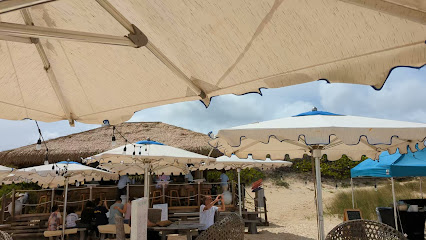
Pimms
Experience exquisite Caribbean dining at Pimms, where stunning ocean views meet culinary excellence in the heart of Anguilla.
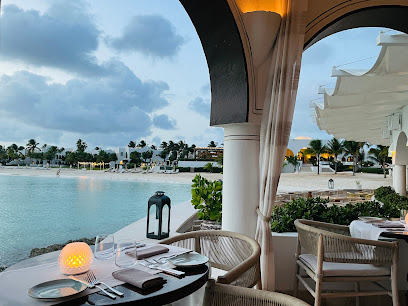
Coconuts Beachbar And Grill
Discover a tropical paradise at Coconuts Beachbar And Grill, where fresh seafood, stunning views, and island vibes unite for an unforgettable experience.
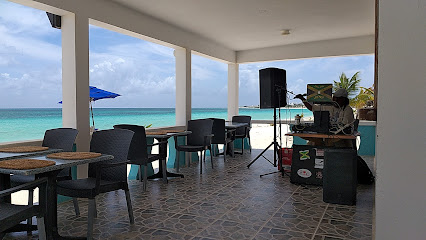
Uchu
Experience the exquisite fusion of Caribbean and Asian flavors at Uchu, a culinary gem nestled in the heart of Anguilla's Maundays Bay.
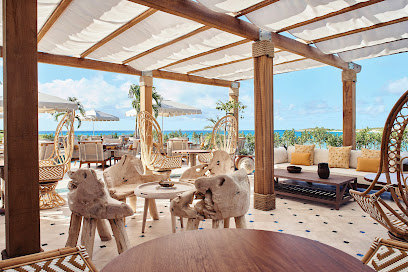
Unique Bar & Grill
Savor the authentic flavors of Anguilla at Unique Bar & Grill, where Caribbean cuisine meets a vibrant atmosphere.
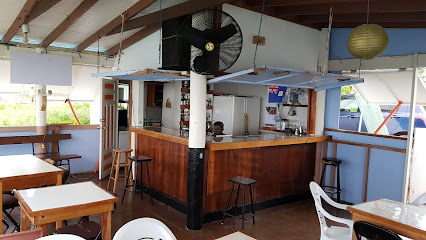
The Lounge Bar
Experience Anguilla's vibrant nightlife at The Lounge Bar, offering handcrafted cocktails, pool tables, and a lively atmosphere for all.
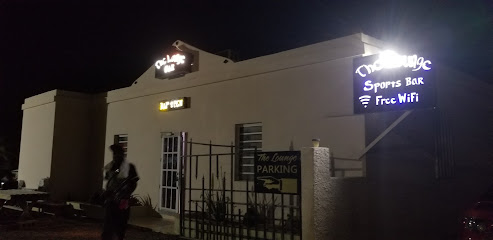
Cip's By Cipriani
Discover culinary excellence at Cip's By Cipriani in Anguilla, where exquisite Italian flavors meet breathtaking Caribbean views.
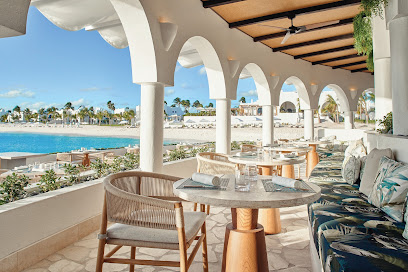
Anguilla Hillside Bar & Grill
Savor authentic Caribbean flavors and breathtaking views at Anguilla Hillside Bar & Grill, the ultimate relaxation spot for tourists.
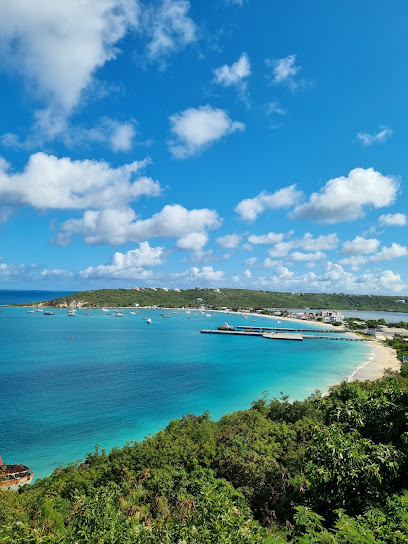
Local Phrases about Cap Juluca
-
- HelloSunnyside
[sun-ee-side] - GoodbyeSee you later
[see yoo lay-ter] - YesYeah man
[yah man] - NoNah man
[nah man] - Please/You're welcomeNo worries
[no wor-eez] - Thank youThank you
[thank yoo] - Excuse me/SorryPardon me
[par-dun me] - How are you?How you doing?
[how yoo doo-in] - Fine. And you?All good. And you?
[awl good. and yoo] - Do you speak English?You speak English?
[yoo speak ing-glish] - I don't understandI don't get it
[i don't get it]
- HelloSunnyside
-
- I'd like to see the menu, pleaseLet me see the menu, please
[let mee see the menu, please] - I don't eat meatI don't eat meat
[i don't eat meet] - Cheers!Cheers!
[cheers] - I would like to pay, pleaseI want to pay, please
[i want to pay, please]
- I'd like to see the menu, pleaseLet me see the menu, please
-
- Help!Help!
[help] - Go away!Go way!
[go way] - Call the Police!Call de Police!
[call dee Police] - Call a doctor!Call de doctor!
[call dee doctor] - I'm lostI lose
[i lose] - I'm illI sick
[i sick]
- Help!Help!
-
- I'd like to buy...I wan buy...
[i wan buy] - I'm just lookingI just looking
[i just looking] - How much is it?How much dis?
[how much dis] - That's too expensiveDat too much money
[dat too much money] - Can you lower the price?Can you mek it cheaper?
[can yoo mek it cheap-er]
- I'd like to buy...I wan buy...
-
- What time is it?What time it be?
[what time it bee] - It's one o'clockIt one o'clock
[it one o'clock] - Half past (10)Half ten
[half ten] - MorningMornin
[morn-in] - AfternoonAfternoon
[after-noon] - EveningEvenin
[even-in] - YesterdayYesterday
[yes-ter-day] - TodayToday
[to-day] - TomorrowTomorrow
[to-mor-row] - 1One
[wun] - 2Two
[too] - 3Three
[three] - 4Four
[four] - 5Five
[five] - 6Six
[siks] - 7Seven
[sev-en] - 8Eight
[ate] - 9Nine
[nine] - 10Ten
[ten]
- What time is it?What time it be?
-
- Where's a/the...?Where de...?
[where dee] - What's the address?What de address?
[what dee address] - Can you show me (on the map)?Can you point me (on the map)?
[can yoo point me (on the map)] - When's the next (bus)?When de next (bus)?
[when dee next (bus)] - A ticket (to ....)A ticket (to ....)
[a ticket (to)]
- Where's a/the...?Where de...?
History of Cap Juluca
-
Long before Cap Juluca became a luxury retreat, Anguilla was home to the Arawak and Carib tribes. The Arawaks, known for their agriculture and pottery, were the island's first known settlers, arriving around 2000 BCE. They were later displaced by the Caribs in the 9th century CE. Evidence of their settlements, such as petroglyphs and fragments of pottery, have been found across the island, providing a glimpse into their daily lives and culture.
-
The island of Anguilla was first colonized by the English in 1650. The early settlers faced numerous challenges, including conflicts with the indigenous Carib people and harsh living conditions. Over time, Anguilla became a strategic point for European powers in the Caribbean. Despite its small size, it played a role in the larger colonial contests between European nations.
-
During the 17th and 18th centuries, the waters around Anguilla, including the area now known as Cap Juluca, were frequented by pirates and privateers. These seafaring adventurers, both sanctioned and unsanctioned by governments, used the island's secluded coves as hideouts. The tales of buried treasure and pirate lore add an air of mystery and adventure to the region's history.
-
The 18th and early 19th centuries saw the rise of sugar plantations on Anguilla. The island's economy became heavily dependent on the labor of enslaved Africans who worked the fields. The remnants of plantation houses and sugar mills can still be found on the island, serving as poignant reminders of this period in history. The decline of the sugar industry in the mid-19th century brought significant economic changes to the island.
-
In 1967, Anguilla was part of the Associated State of St. Kitts-Nevis-Anguilla. Dissatisfied with the governance from St. Kitts, Anguillians launched a revolution, declaring independence. The conflict, which included a brief British military intervention in 1969, eventually led to Anguilla becoming a separate British Overseas Territory in 1980. This period solidified Anguilla's path towards self-governance and cultural identity.
-
Cap Juluca, one of Anguilla's most luxurious resorts, was developed in the late 1980s. The resort's design was inspired by Moorish architecture, blending seamlessly with the natural beauty of Maundays Bay. Over the years, it has become a symbol of luxury and exclusivity, attracting visitors from around the world. The resort's development marked a new era in Anguilla's tourism industry, contributing significantly to the local economy and cultural landscape.
-
Anguilla is known for its vibrant cultural festivals, many of which are celebrated near Cap Juluca. Events such as the Anguilla Summer Festival, with its colorful parades and boat races, showcase the island's rich cultural heritage. These festivals are deeply rooted in the island's history and provide visitors with an immersive experience of local traditions, music, and cuisine.
Cap Juluca Essentials
-
Cap Juluca is located on the island of Anguilla in the Caribbean. The nearest international airport is Clayton J. Lloyd International Airport (AXA) in Anguilla. You can fly directly to AXA from several major cities or connect through nearby hubs such as San Juan, Puerto Rico, or St. Maarten. From St. Maarten, you can also take a ferry or a short flight to Anguilla. Once you arrive on the island, Cap Juluca is a short taxi ride away.
-
Transportation on Anguilla is relatively straightforward. Taxis are readily available and are the primary mode of transport for visitors. Car rentals are also available if you prefer to explore the island at your own pace. Note that driving is on the left side of the road. Biking is another viable option for getting around, especially for shorter distances.
-
The official currency in Anguilla is the Eastern Caribbean Dollar (XCD), though US Dollars are widely accepted. Credit cards are accepted at most hotels, restaurants, and larger shops, but it's advisable to carry some cash for smaller establishments and local markets. ATMs are available in The Valley, the capital of Anguilla.
-
Anguilla is generally a very safe destination for tourists. However, standard precautions should still be taken. Avoid leaving valuables unattended on the beach or in your rental car. While crime targeting tourists is rare, it's advisable to stay vigilant, especially in less populated areas at night. There are no specific high-crime areas on the island.
-
In case of an emergency, dial 911 for immediate assistance. The island has a hospital, Princess Alexandra Hospital, located in The Valley, which provides medical services. It is highly recommended to have travel insurance that covers medical emergencies. For minor health issues, there are pharmacies available where you can purchase over-the-counter medications.
-
Fashion: Do wear lightweight, breathable clothing suitable for tropical climates. Swimsuits are appropriate for the beach but not in towns or restaurants. Religion: Do respect local customs and traditions. When visiting religious sites, dress modestly. Public Transport: Do use taxis and agree on the fare before the trip. Don't expect extensive public bus services. Greetings: Do greet people with a friendly 'Good morning' or 'Good afternoon.' Eating & Drinking: Do try local dishes and seafood specialties. Don’t refuse hospitality, as it is considered impolite.
-
To experience Cap Juluca like a local, visit the local markets and try fresh seafood and local produce. Engage with island residents; they are known for their friendliness and hospitality. Don't miss out on local events and festivals, which offer a glimpse into Anguilla's rich culture and traditions. For a unique experience, take a sunset cruise or explore the hidden coves and beaches by kayak.
Trending Landmarks in Cap Juluca
-
Four Seasons Resort and Residences Anguilla
-
Elvis Beach Bar
-
Cap Juluca, A Belmond Hotel, Anguilla
-
Bankie Banx's Dune Preserve
-
Malliouhana
-
Anguilla Arch
-
Anguilla Great House Beach Resort
-
Fountain Residences Anguilla
-
Quintessence Hotel, Relais & Châteaux
-
Tranquility Beach Anguilla
-
Crocus Bay Beach
-
The Cap Shack
-
Sandy Ground Beach
-
Bella Blu
-
Wallblake House
Nearby Cities to Cap Juluca
-
Things To Do in Long Bay Village
-
Things To Do in Blowing Point Village
-
Things To Do in South Hill
-
Things To Do in Sandy Ground Village
-
Things To Do in North Hill Village
-
Things To Do in George Hill
-
Things To Do in Lowlands
-
Things To Do in Maho
-
Things To Do in Sint Peters
-
Things To Do in Cole Bay
-
Things To Do in Shoal Bay Village
-
Things To Do in Island Harbour
-
Things To Do in East End Village
-
Things To Do in Dieppe Bay Town
-
Things To Do in Sandy Point Town





